The many angles of technology and human centred design
From an early career in experimental psychology to Professor of Informational Ergonomics at TU Delft’s Faculty of Industrial Design Engineering (IDE), Professor Huib de Ridder has learned that there are a lot of ways to look at things. But one point has always remained central: it all begins with the human.
In honour of his retirement, a symposium will be held on 9 September 2022 exploring the theme “Informational Ergonomics: where perception and cognition meet technology & design”. De Ridder will also deliver a valedictory speech. To attend this special event in person or watch the live stream, please follow this link. To attend via livestream on 9 September 15:00, please click here.
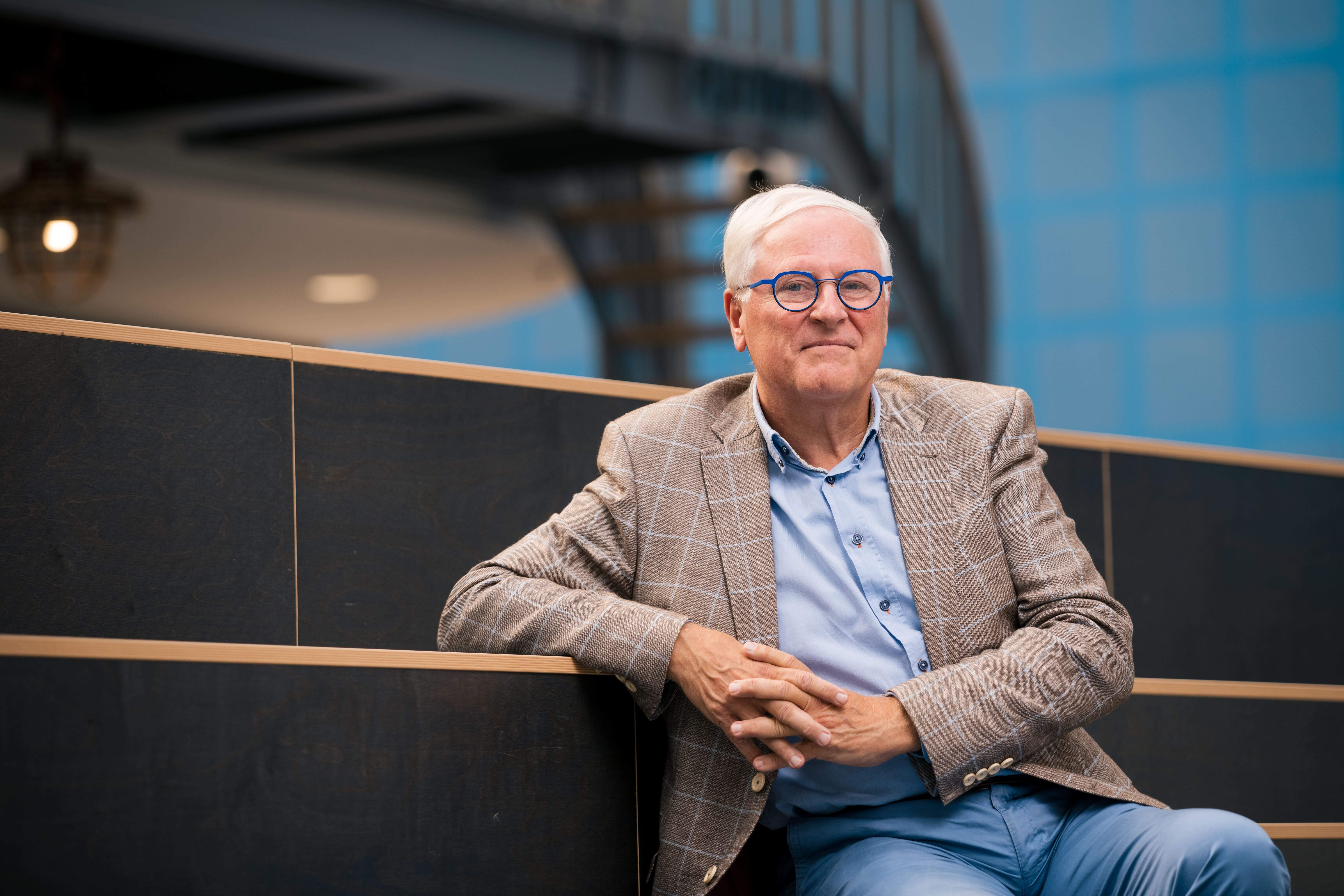
Human angle
Before coming to Delft in 1998, De Ridder spent his early career researching image quality metrics with the Vision Group of the Institute for Perception Research (IPO) in Eindhoven. Amongst a team of computer scientists and engineers, he was the lone psychologist. “I had to survive there in a way,” he said. “I thought it was my role to defend people in this kind of process because they would start to build things thinking people should fit somewhere in the end. I always emphasised that you should first start by looking at the people that have to use it or for what the product is being made.”
De Ridder found it a natural way of working to try and convince people to look at things from other viewpoints. That also meant learning to communicate and collaborate with people from the other side. “It’s fun if you can convince other people to see relationships and then you can get to the next phase in a project,” he said.
Spoiled by design
That experience served De Ridder well when he moved to TU Delft to lead IDE’s Human Information Communication Design (HICD) group, which included researchers with backgrounds in industrial and graphic design, physics, computer science, psychology, and ergonomics. His work has centred on understanding human behaviour in context, with a focus on human perception and human information processing. To put it simply, it’s about how we take information in and how we process it so that we can do something with it.
In Delft, De Ridder said he learned how to apply these things. “My background is in experimental psychology, but it’s impossible to go back to psychology now,” he said. “I’m completely spoiled by designers who really look for practical solutions which forces you to think about more fundamental issues. Why do we come to certain solutions and why do they work?”
Evolution of a lab
With a growing group of people interested in perception research, De Ridder co-founded the Delft Perceptual Intelligence Lab (π-Lab) in 2008. This joint effort of the Man Machine Interaction (MMI) department at the Faculty of Electrical Engineering, Mathematics and Computer Science and the HICD group at IDE started with vision-related research, but has evolved over the years. “It was part of my dream that it shouldn’t be a one sensory thing,” said De Ridder, “It should be a very holistic approach to a human being.”
Professor Sylvia Pont (Perceptual Intelligence), who has a background in experimental physics and psychology, currently leads the π–Lab. This multidisciplinary team includes expertise in visual, haptic, auditory and olfactory perception and design as well as cognitive ergonomics. Pont says the lab is an example of De Ridder’s ability to connect people. “He has helped me and others develop lines of research in design, connect to other groups and set up projects,” she said. “I think that’s one of his big contributions.”
Now, with experts for all senses and cognition on board, De Ridder’s dream is being realised and Pont says the π-Lab is ready for the scientific challenges ahead. The team will investigate natural multimodal interactions with products, services and systems in their full ecological complexities in real, mixed and virtual environments - researching design for perception and perception-based design.
Team building and technology
De Ridder was instrumental in bringing Pont and her group to TU Delft from Utrecht University in 2008. Starting as an assistant professor, Pont says he was a coach and mentor for her. “He helped me to find my way in Delft and in design,” she said. “He helped me to see opportunities and also convinced me that I was capable of some things I myself thought I wasn’t ready for yet.”
Associate Professor René van Egmond (Cognitive Ergonomics) started working at TU Delft a couple of years after De Ridder. “Huib had a small group and needed some support so he asked me to join his group given our mutual background in experimental psychology,” said van Egmond. While De Ridder was focussed on vision research, van Egmond focussed on sound design and perception. For many years, van Egmond says they have been sparring partners for each other. “We could talk on a level of research and how it should be performed and what are the interesting questions you need to ask.”
According to van Egmond, De Ridder is someone who likes to involve the hard sciences, which has resulted in numerous collaborations with other faculties and external partners. “Something that he really stood for is that we as a faculty of Delft University of Technology should always encompass technology as much as possible,” he said. “The other faculties think a lot about technology, but not necessarily about humans. In our faculty you really have a merging of both in which you try to optimise both worlds, how technology sees the world and how we see/feel/sense the world as humans.”
Inspiring students
Over the years, De Ridder also taught and advised numerous students. Dr. Fan Zhang considers himself lucky to have had De Ridder as PhD co-promotor, together with Professor Pont. Although Pont was Zhang’s daily supervisor, the three of them had weekly meetings together. “I feel like I had the privilege to meet Huib more often than many other PhD candidates with their full professors and this helped me a lot,” said Zhang.
Coming from a background in engineering and robotics into the field of human centred design, he said De Ridder provided a lot of guidance. “One of the main things I learned from him is the way of looking at experimental design and data analysis,” he said. “Before you start an experiment you have some plans for how to process your data, but when you get unexpected results, you may have to analyse and interpret data differently. I used all kinds of different data analysis in my PhD work, partly inspired by him, and I learned a lot from him.”
Pont echoed this, saying: “Huib made me aware that really playing around with data, using multiple methods can help you to find different perspectives on things. It’s important to look beyond the boundaries of your own area to broaden your perspectives.”
Personal collaborations
One unique collaboration for De Ridder was the opportunity to work on occasion with his wife, whom he met while they were both studying psychology. A developmental psychologist who worked with deaf/hard of hearing children and later in child oncology, Dr. Hanneke de Ridder-Sluiter has helped to inspire several projects. “What I did in Delft was think about solutions and end up with a prototype but there it stopped,” said De Ridder. “She’s really from the practical side and thanks to her way of looking at issues and opportunities we were able to realise certain products.”
One such project was Vika, an interactive wall for children at the Princess Máxima Center for Paediatric Oncology in Utrecht. With rotating elements, the wall stimulates children in the hospital to get out of bed and move around. Though the idea grew out of the faculty, De Ridder says his wife was the stimulus for getting it built. The project was featured as an example at Dutch Design Week in 2015.
Staying connected
As he transitions into retirement, De Ridder hopes to stay connected to the people and projects at TU Delft. He is still actively involved in a project with van Egmond, the Holland Proton Therapy Center (Holland PTC), where they are using Artificial Intelligence to optimise the workflow of radio therapists and radiologists.
De Ridder also said: “I have a couple of ongoing PhD projects and I want to do some writing and collaboration with Sylvia. Through the π–Lab I learned how art can teach us how to look at the world and that’s something I want to elaborate on. If they allow me to stay in this community I would like to be connected for some years.”
If it’s up to his colleagues, the door will be open for as long as De Ridder likes.
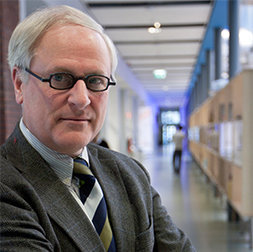
Huib de Ridder
- +31 (0)15 27 81815
- H.deRidder@tudelft.nl
- Publications
-
Room 32-C-2-290
René van Egmond
- +31 (0)15 27 88324
- R.vanEgmond@tudelft.nl
-
Room C-2-290
Present on: Mon-Tue-Wed-Thu
"Understanding the experience of product sounds leads to gratifying the human ear."

![[Translate to English:] Huib looking through the lens of his camera](https://filelist.tudelft.nl/user_upload/csm_Huib_ec65376a5c.png)
![[Translate to English:] professor Huib de Ridder working with a device](https://filelist.tudelft.nl/IO/Onderzoek/Discover_Design/Huib%20de%20Ridder/LS1_7811-min.jpg)
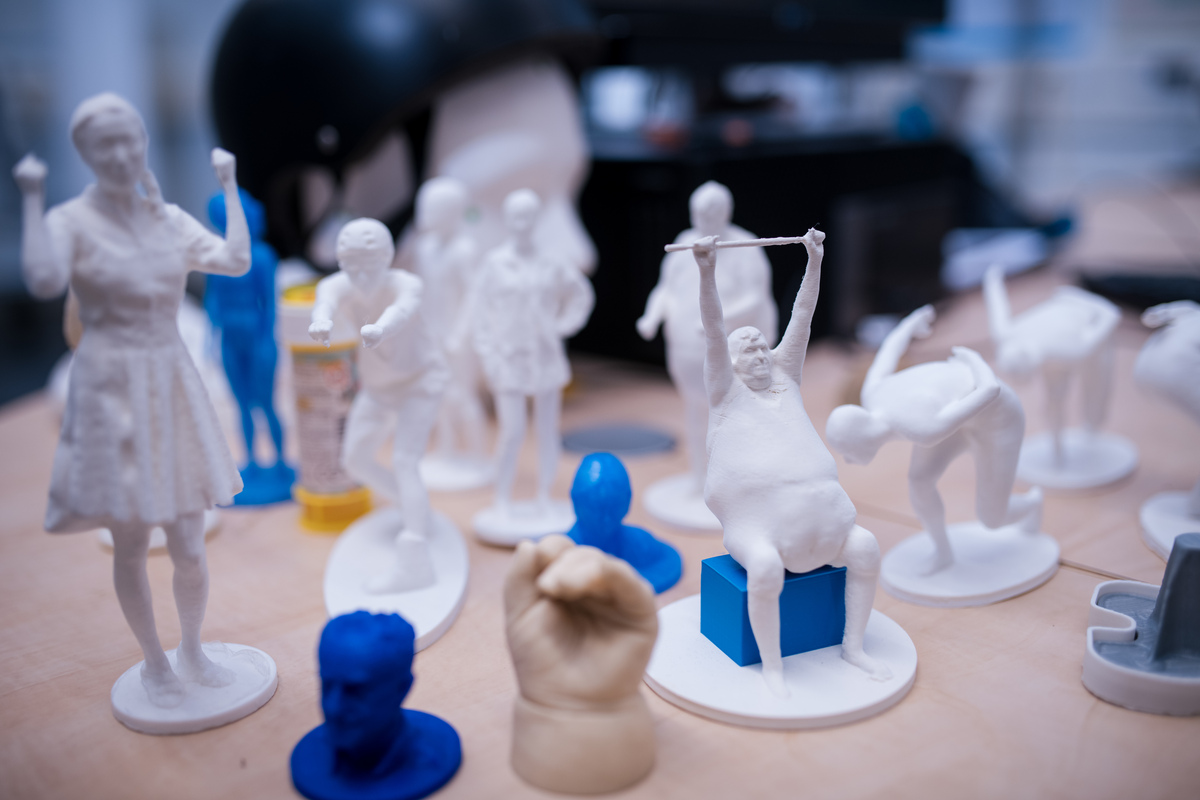

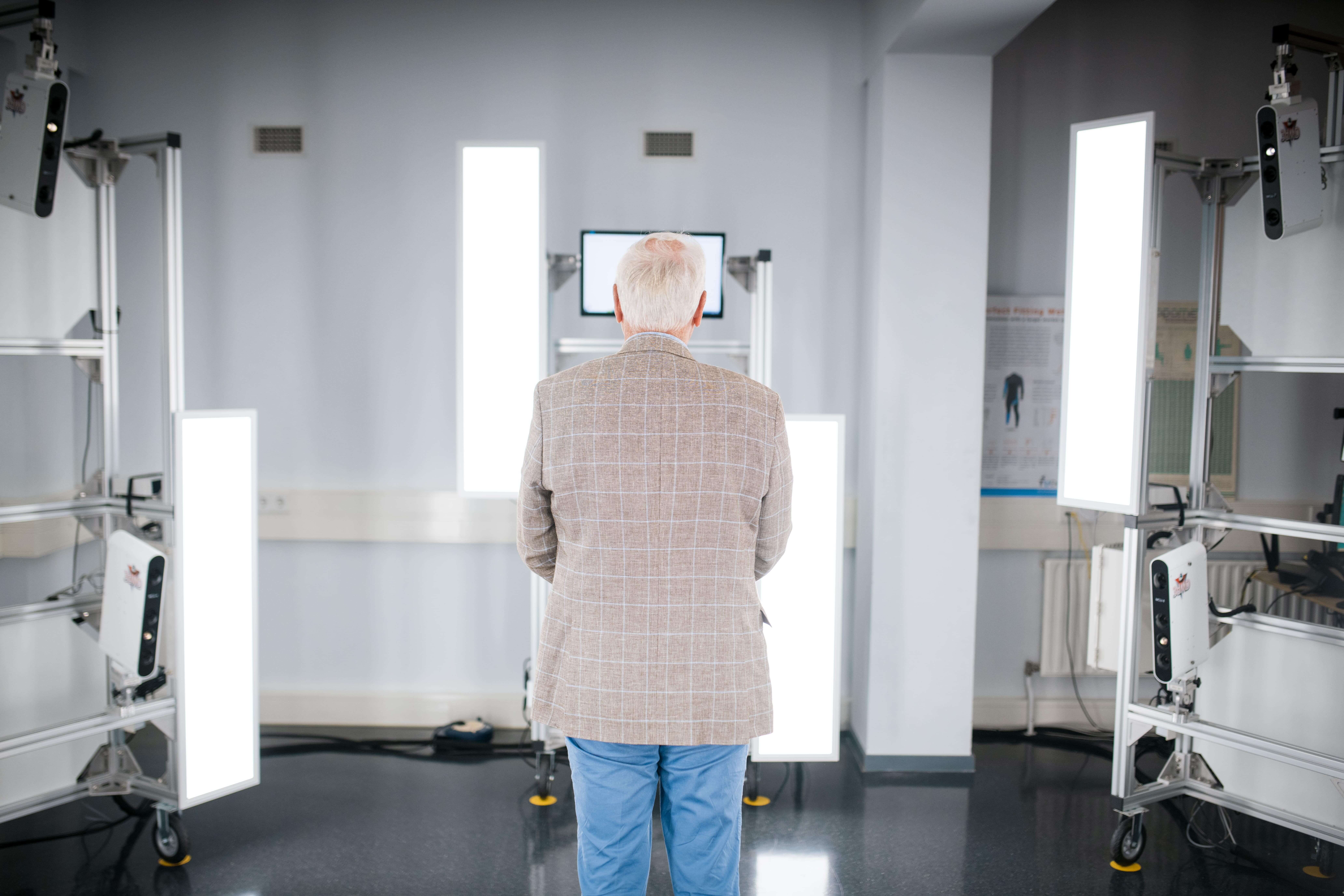
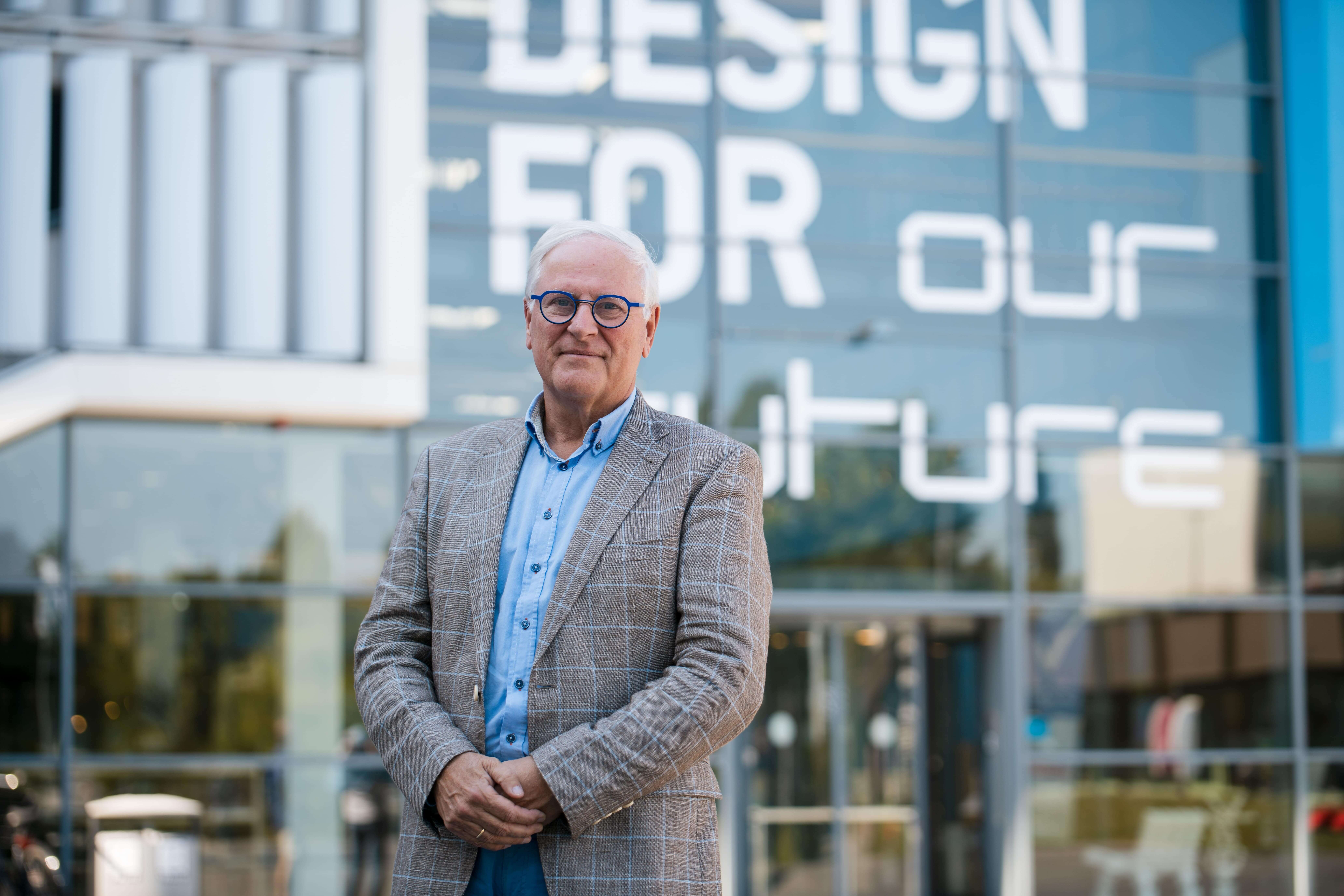
![[Translate to English:] Fan Zhang](https://filelist.tudelft.nl/_processed_/d/3/csm_Fan_Zhang_500442026e.png)